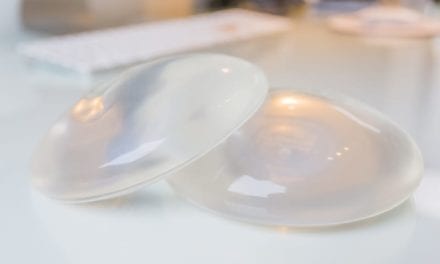Melissa Febos, author of the book Body Work: The Radical Power of Personal Narrative, shares how she came to the decision to undergo a breast reduction. She shares in her personal essay, published in The New York Times Magazine, how she spent much of her life, from the time she was 11, desperately wanting her body to be different, but felt in that obsession that she was failing as a feminist:
I thought that I needed to accept my body, to love my body and find it beautiful, to successfully reject the internalized messaging of the patriarchal culture.
Febos’ breasts arrived at age 12 and, as she writes, they “inhibited me both physically and socially.” Not only did she have to deal with the physical discomfort that comes with large breasts, but she also faced unwanted social attention from boys who sexualized her and girls who shamed her. It wasn’t until her mid-30s that Febos, made peace with her feminism and the perceptions between medical and cosmetic surgery:
One day, I simply asked myself: Would I do it if I didn’t have to explain myself to anyone? The answer was a resounding yes. Did I truly believe it would improve my life? I knew with gut certainty that it would. I had considered surgery an impossibility for so long, consigned myself to tolerating the discomforts. It took me a long time to change that way of thinking, although the realization happened instantly: I did not have to live with it. It seemed suddenly absurd that I had been privileging hypothetical people’s imagined opinions over my own daily ease and happiness.
Read the full article at The New York Times Magazine.





